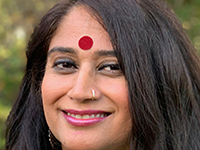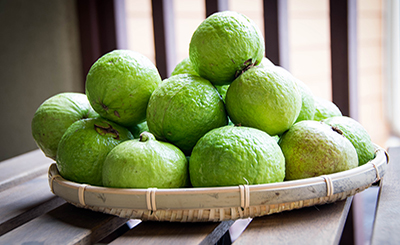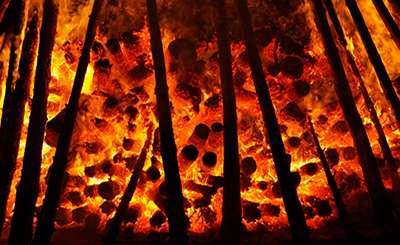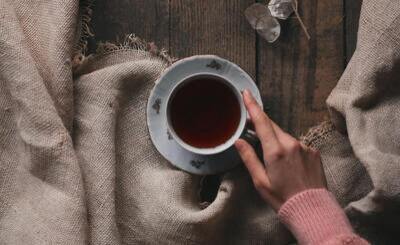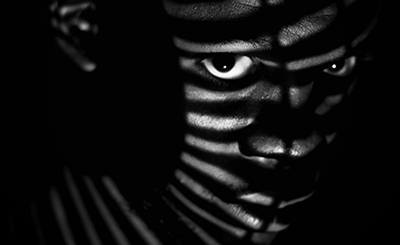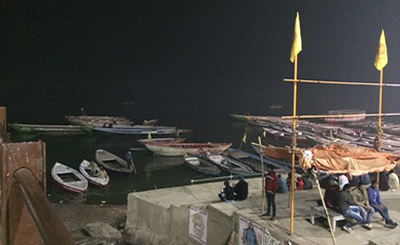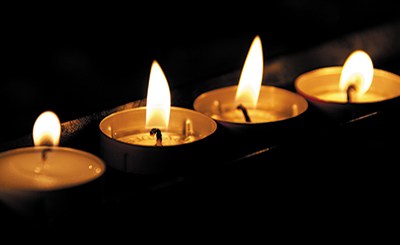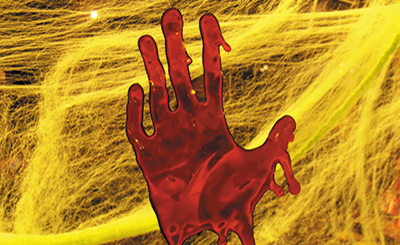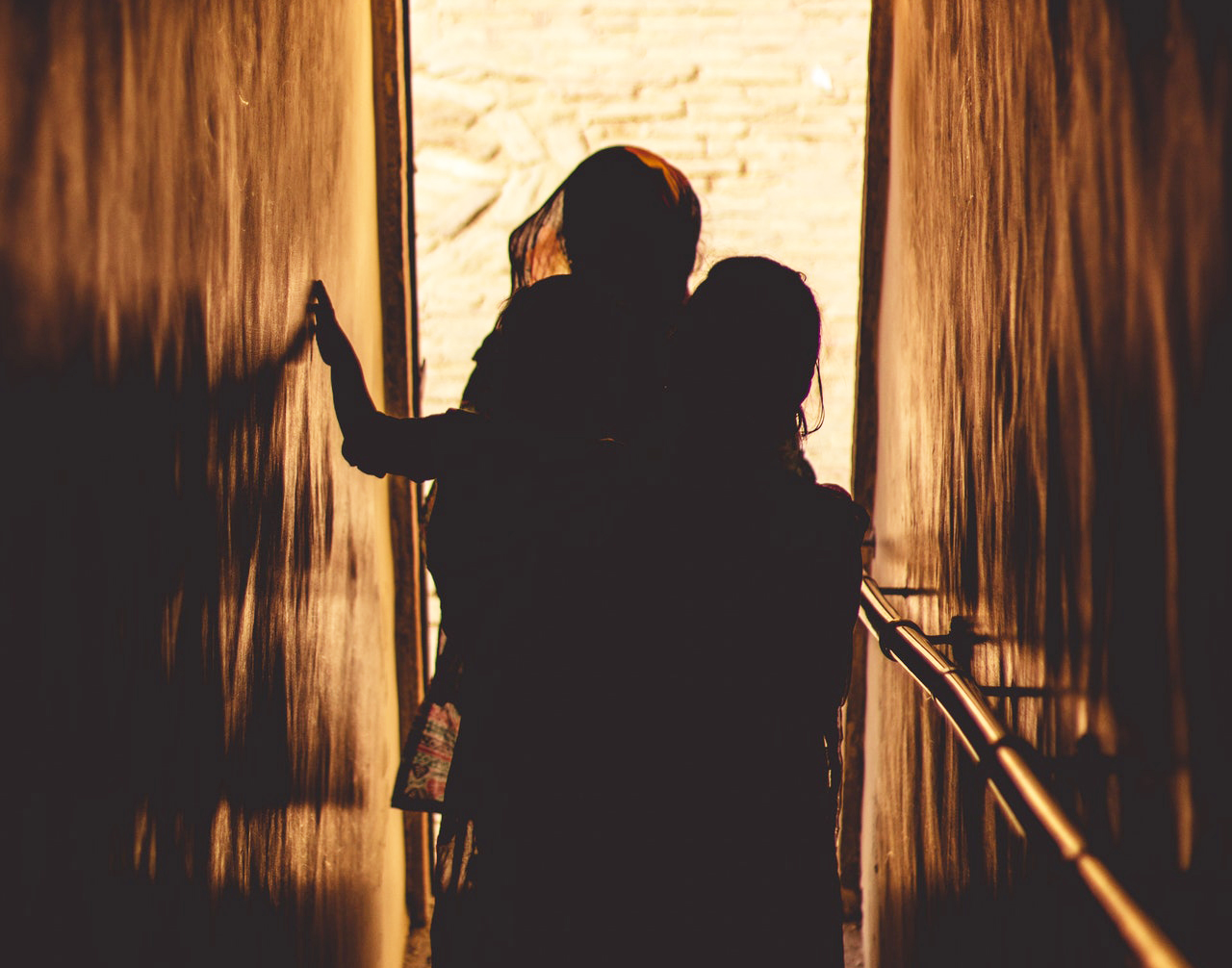
Poetry as a Bridge Between the Present and Past
I’ve always believed in poetry as a form of activism, where the role of the poet goes beyond the realm of personal experience, where the poet is a documenter and interlocutor of the times. As poet and activist Audre Lorde says, “Poetry is not a luxury. It is a vital necessity of our existence.” In the same spirit as poets and activists Adrienne Rich, June Jordan, and Audre Lorde, I feel that the act of women writing poetry is a radical one. I also believe that poetry — especially in the context of gender, race and cultural identity — is one of witness, documenting what is said in the margins, or what might be hidden, waiting to be unearthed. Such poetry often acts as a catalyst for raising awareness and becomes a bridge between the present and past. This is probably why I found myself so drawn to historical persona poetry, where stories of the past are explored poetically in the voice of historical figures. Works like Olio by Tyehimba Jess and Anarcha Speaks: A History in Poems by Dominique Christina dazzled me in their ability to give voice to people whose extraordinary stories had never been heard.
In 2017, I was researching South Asian history, particularly about the first Indian woman to have come to the United States. When we think of South Asian American history in context of India, we’re given the narrative of engineers and doctors that immigrated to the United States in the 1960s and 70s or of Sikh farmers from Punjab that settled in central California in the late 1800s/early 1900s. But I knew there was more. This inadvertently led me to a sepia-tinted photograph of three female medical students from India, Japan and Syria in their native dress, who all converged in Philadelphia in 1885 and I was blown away by what I found. While this photograph echoed exoticism, orientalism and the West’s fetishization of the East, I was drawn to the elegant Indian woman seated in a saree, her Mona Lisa-like glance following me, her lips curled up in a half-smile. Her image radiated such fierce determination that I had to know more. Who was Anandi Gopal Joshee and how did she become India’s first female medical doctor? How did she make her way from India to Philadelphia all alone in the 19th century, breaking from tradition and crossing black waters considered taboo? I was shocked to discover that many of her experiences echoed my own, even though we were separated by more than a century and it was through poetry that I found myself exploring our shared connection of finding one’s own voice and belonging to more than one place. Until very recently, Anandibai’s story has been told through the lens of her husband being her saviour and inspiration. By telling Anandibai’s story through poems in her own voice, my hope is to not only restore Anandibai’s agency and give her story back to her, but to also highlight her sharp intellect, fierce determination, and empathy.
A Different Kind of Arithmetic
Before I could count properly on my fingers
Ek don teen char, I learned division
the haveli halved into two sections
the mardana and zenana
a different kind of arithmetic —
the louder the men spoke
the softer the women
never in the same room
next to each other
unless an auspicious occasion
children were the exception
of which I was one
running freely between both
a threat to no one
like a son I consumed rice
with extra ghee, tumbling
with my brothers who teasingly
called me malla after I defeated them
repeatedly, I was strong and proud
like our fabled ancestors who served
in courts and wars, whose accounts
lay preserved in scrolls, one whom I met
in a dream, a valiant soldier
who promised great things
were sure to come
Aai tried to beat it out of me
this unladylikeness, this streak of obstinacy
but Babasaheb treated me as one of the boys
indulging my dreams and foibles
his eyes crinkling when I ran to him
each evening under the shade of a giant
Peepal tree, sitting on his lap unloading
the day’s thoughts — my fears
and world queries
asking him the difference between
my dolls and idols of Gods
why both lay mute in one’s hands
at the mercy of others’ inclinations
Lagnaachi Bedi (A Suitable Match)
‘We marry before we know what it is for.”
—Anandibai Joshee, in a letter to Mrs. Theodocia Carpenter, 1874
Bhatji, the priest, shows up
with scrolls in his satchel
patrikas of prospective grooms
I am never in the room
when they do the gunamilan
and how powerful the moon
that determines our alliance
ashtakoot — eight aspects
to see if we match or cross
The stars align —
you are twenty-six and I, not quite nine
no misfortune upon you, though you are widowed
never stripped of color nor sequestered to a harsh life
for it is your good fortune to be born a man
my saubhagya to be a postmaster’s second wife
moving place-to-place like a mailed letter
gathering the stamp of bhinnshahere
and how lucky I am you have no demands
no money, no gold, only the promise
to teach me, to make me wise
and when we first meet, you ask my name
Tujhe nav kahe? To gauge my ability
hear my voice, as I stare at my toes
a downward gaze passed
through centuries
when suddenly I lift my head
peer straight into your eyes
and reply, Majhe nav
Yamuna Ganpatrao Joshee aahe
Bhinnshahere (Marathi): Different cities
Tujhe nav kahe (Marathi): What is your name?
Majhe nav Yamuna Gunpatrao Joshee aahe (Marathi): My name is Yamuna Gunpatrao Joshee
Loss: An Invocation
1877
On the 11th day we were to name you
with careful consideration —
moon sign, birth month, family deity
touching your tongue with honey
that you should speak sweet
a black thread tied around your wrist
to ward off unfriendly glances
but the only ceremony left is mourning
ten days you suckled then went still
and my breasts that leaked every two hours
in memoriam grow hard and cold
This humility that keeps us indoors
is what killed you, my son, what kills our own
shying from a doctor’s touch, another man’s
we grieve under the shade of our sarees
as men go about their daily business
and through your loss I find purpose
my son with no name birthing a dream
and I volunteer myself to my countrywomen
as I take the oath of Hippocrates
to help and heal, to do no harm, to don
the white coat only men have worn
A Plea to Make Her Story
A found poem culled from a letter written by Anandibai Joshee to Alfred Jones on June 18, 1883, requesting admission in the Woman's Medical College of Pennsylvania.
Dear Sir,
I beg to be allowed to enter the Women’s Medical College of PA
upon any terms pecuniarily consistent with my means
please trust that my case is exceptional and peculiar
I am pushing forward as fast as I can
I have learned to read and speak in seven languages
Marathi (my own) Sanscrit, Bengali, Gujarathi, Ganari, Hindoostani, and English
I have read the histories of England, Rome, Greece, and India
I have been through English Grammar and studied through Arithmetic
&though I may not meet in all points the requirements for entering college,
this determination which has brung me to your country against opposition
of my friends & caste, ought to go a long way.
Dissection, A Pantoum
Women’s Medical College of Pennsylvania, 1884
Were it not an infant, how much easier it would be
only two of us in the room, the others having turned away
that hours ago, he might have suckled at her breast
how still the dissection table under our studious gaze
Only two of us in the room, the others having turned away
a pale boy with wisps of blond hair, curled fists, blue lips
how still the dissection table under our studious gaze
aborted or succumbed to illness, is what we must ascertain
A pale boy with wisps of blond hair, curled fists, blue lips
unlike my own, dark with a thick shock of hair
aborted or succumbed to illness, is what we must ascertain
I am surprised when my hand glides, how it doesn’t shake
Unlike my own, dark with a thick shock of hair
his loss accepted without inquiry or investigation
I am surprised when my hand glides, how it doesn’t shake
making a vertical incision from the skin before backward
His loss accepted without inquiry or investigation
I have not traveled this far to let history repeat itself
making a vertical incision from the skin before backward
I search for the answers I myself did not get
I have not traveled this far to let history repeat itself
were it not an infant, how much easier it would be
I search for the answers I myself did not get
that hours ago, he might have suckled at her breast
The essay and the poems are part of our Poetry Special Issue (January 2022), curated by Shireen Quadri. © The Punch Magazine. No part of this essay or the poems exclusively featured here should be reproduced anywhere without the prior permission of The Punch Magazine.
More from The Byword
Comments
*Comments will be moderated



